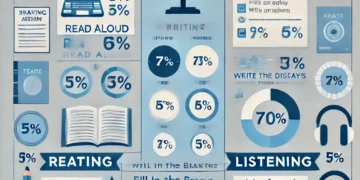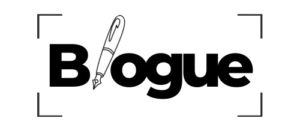A few months ago, Google faced a major blow as it was officially added to the “Monopoly Offenders List” after a judge ruled that the tech giant violated the U.S. Sherman Antitrust Act of 1890. The court found that Google had engaged in anti-competitive practices by striking lucrative deals to maintain its dominance in search engines, effectively stifling competition across the technology landscape.
The Unfair Advantage
Google was reportedly paying 36% of its ad revenue—amounting to $20 billion annually—to secure its position as the default search engine on Apple devices. Similarly, Mozilla Firefox and other companies were also financially benefiting from these arrangements. This illegal “cash cow” not only funded these deals but also helped Google cement its grip on the browser and search engine markets.
Being added to the “Monopoly Wall of Shame” is a significant embarrassment for a company that once held the motto “Don’t be evil.” However, the consequences of this ruling could go far beyond reputational damage. Unlike Microsoft’s antitrust battle in the late 1990s, which resulted in relatively lenient penalties, Google could face harsher measures, including the forced sale of its flagship product: the Chrome web browser.
Chrome’s Central Role in Google’s Empire
Chrome dominates the browser market with a 66.6% share, serving as the primary gateway to Google’s vast array of services. Even on competing browsers like Safari and Firefox, Google Search remains the default choice due to those controversial agreements. Chrome’s open-source Chromium project has also become the backbone for other browsers, such as Microsoft Edge, Brave, and Arc.
While Chrome’s dominance has driven innovation in browser technology, it also plays a crucial role in Google’s advertising business. By tracking user behavior through Chrome, Google gathers invaluable data that feeds into its ad network, generating billions in revenue. This symbiotic relationship between Chrome and Google’s advertising arm underscores why the browser is so critical to the company’s success.
The DOJ’s Proposed Remedy
The Department of Justice (DOJ) has proposed splitting Chrome from Google, potentially selling it to another company. Estimated to be worth at least $20 billion, potential buyers could include Meta, Apple, or Amazon—ironically, companies often accused of monopolistic practices themselves. If Chrome were to fall into new hands, it could reshape the browser market and potentially reduce Google’s 90% dominance of the search engine sector.
However, this move raises concerns about the future of browser innovation. Google’s investment in web technology has significantly improved the browsing experience for users. Without Chrome as part of its ecosystem, Google might lose its motivation to continue these advancements. Some fear this could lead to a fragmented browser market or even hinder the development of critical features like ad-blocking capabilities under Manifest Version 3.
Lessons from Microsoft’s Antitrust Case
The DOJ’s actions against Google echo the Microsoft antitrust case from 25 years ago, when the company was penalized for bundling Internet Explorer with Windows. Unlike Google, Microsoft avoided being broken up and was instead required to open its APIs to third-party developers and end exclusivity deals. Today, Microsoft thrives as a $3 trillion company. Whether Google can navigate this challenge as successfully remains uncertain.
What’s at Stake for Google?
Google’s battle to retain Chrome will likely be fierce. Losing Chrome could disrupt its advertising dominance and force the company to reevaluate its entire business strategy. Meanwhile, competitors like DuckDuckGo or emerging search engines powered by AI, such as OpenAI’s offerings, could capitalize on the opportunity to challenge Google’s market share.
Despite the DOJ’s efforts, many industry experts believe Google will resist any drastic measures. The odds of Chrome being sold currently stand at 13%, according to analysts. However, even the possibility of such an outcome has sparked intense debate about the balance of power in the tech industry and the role of regulation in fostering competition.
Looking Ahead
As the case unfolds, it remains to be seen whether Google will face a reckoning similar to Microsoft’s or emerge largely unscathed. One thing is certain: the tech giant’s next moves will shape the future of web browsing, search engines, and digital advertising for years to come.
For now, Google’s Chrome browser stands as both its greatest asset and its most significant vulnerability. Whether it remains under Google’s control or finds a new home, the ripple effects of this case will be felt across the entire technology ecosystem.










































